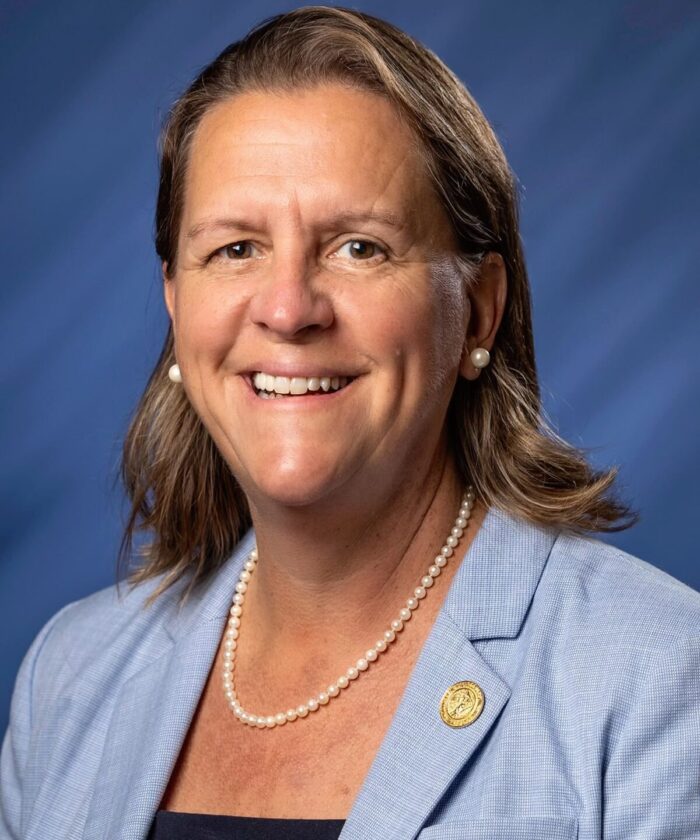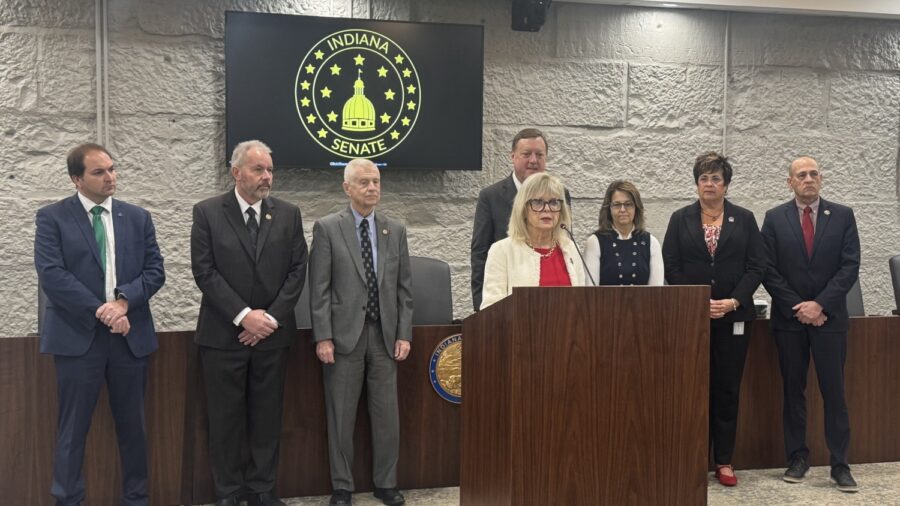Early this year, the Gallup organization came out with a survey of Americans on how they view the ethics of various professions. Nurses ranked at the top. Doctors, pharmacists, and high school teachers did well, too. Real estate agents and bankers were considered about average. Down at the bottom? Telemarketers. And members of Congress.
So you can imagine how our representatives in Washington feel, knowing that a proven liar in their midst, George Santos, continues to garner headlines and public attention. He casts a shadow over the entire body. The GOP House leadership seems reluctant to take any steps to expel him. Members of the New York Republican delegation, concerned about how he reflects on them, are agitating for his ouster. And his constituents? They’re the people who should be most concerned.
This isn’t just because Santos won office by misrepresenting pretty much everything about himself. It’s also because as voters, we depend on our representatives to speak and act effectively on our behalf. With a reputation for untrustworthiness, Santos will struggle to do that.
Over the course of my career in Congress, I dealt with hundreds of legislators over many decades and found the vast majority to be honest and ethical. Most understood that in Congress and other legislative bodies in this country, trust is the coin of the realm. One of the worst things that can happen to a legislator is to have word get around that he or she is not trustworthy. This is because you’re constantly making deals—hammering out the details of a bill, striving to get funding for a key infrastructure project at home, working with the leadership or other members of your state delegation or even legislators from the other party to craft language that can command a majority on the floor. And as part of that process, you have to make commitments. If you don’t follow through or you shade your language or you misrepresent your intentions, word gets around.
So why do so many people hold the ethics of members of Congress in such low esteem and often tell pollsters that you can’t trust what they say? I think in part it’s because many politicians learn quickly to be very careful about how they use language in public—not for nefarious purposes, but because it’s natural to want an audience’s support even though, quite often, the issue in question is far more complicated than it’s possible to convey in a few words. Or, especially these days, a politician may be entirely sincere in expressing a point of view, but it’s based on misinformation or information that comes from what proves to be an untrustworthy source.
At the same time, issues evolve. Policy is a dynamic process and circumstances and legislation change: What you said a year ago might no longer be relevant or even useful today. In fact, as a member of Congress I became very cautious in answering when a constituent or lobbyist asked me whether I would support a particular bill, since by the time it reached the floor it might have gone through so many changes that it was unrecognizable. The problem is, as a legislator you don’t get to vote “Maybe.” A vote is a blunt response to a difficult issue; “yes” or “no” rarely reflects a member’s complete thoughts because of the complexities inherent in legislation.
Intriguingly, it’s that changeability—in how legislation evolves, politics unfolds, and politicians think—that makes trustworthiness so important. If other legislators conclude they can’t take you at your word, then you’re sidelined: As deals get struck and the details change, you have no influence. In the end, you’re just occupying a seat. As Santos has found, you may have a megaphone in the press, but when it comes to affecting public policy or the course of legislative events, you’re frozen out. And the losers are your constituents.










